- Details
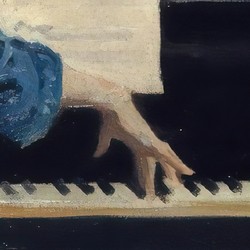
A few days ago, tenor Javier Camarena gave an all-Tosti recital at the Palau de la Música. A user from Twitter, @alegrescomares (named after The Merry Wifes of Windsor) raised some quite common doubts about song and their different types. I tried to clarify some things, with the necessarily concise format of the network [...]
- Details
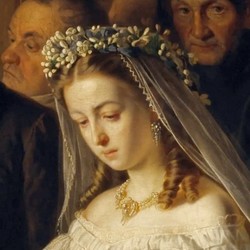
The first time I read Pride and Prejudice, as a teenager, the lines we find in chapter 22, just after Charlotte Lucas has agreed to marry William Collins, a stupid and pompous man,impressed me, and I copied them to a notebook. Reading this chapter, I was sorry for the poor Charlotte, who was not only condemned to living with, but to the service of, someone so unbearable. I was surprised [...]
- Details
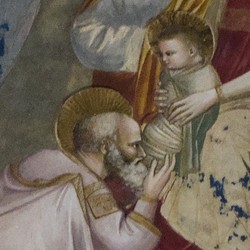
Like other years, we end the Christmas cycle with a song dedicated to the Three Wise Men. This year, however, with a small licence because we will hear a Gregorian chant. Or, rather, an adaptation of a Gregorian chat that Anna Lucia Richter and Ammiel Bushakevitz included in their album Licht, a recording that covers 800 years of German song,
- Details
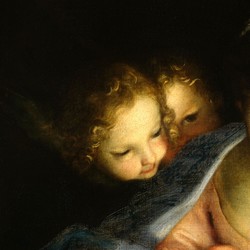
There are two elements in the Christmas song we listened to last week, Mariä Wiegenlied, that can be understood as symbols of the crucifixion: the rose garden (with its thorns) and the bird. We can find similar details in many paintings that show the Madonna with the Child. The artist reminds us of what is ahead; a future that the mother is aware of in some way.
- Details
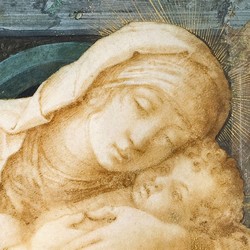
Last spring, we listened to Trost, a song by Max Reger. I told you then that the composer was a rara avis who was not interested in affiliating himself to any aesthetic current. Furthermore, he admitted without any problem that among his closest references were Hugo Wolf and Johannes Brahms, a shocking affirmation at the time. Regers music confused critics, and this confusion [...]












